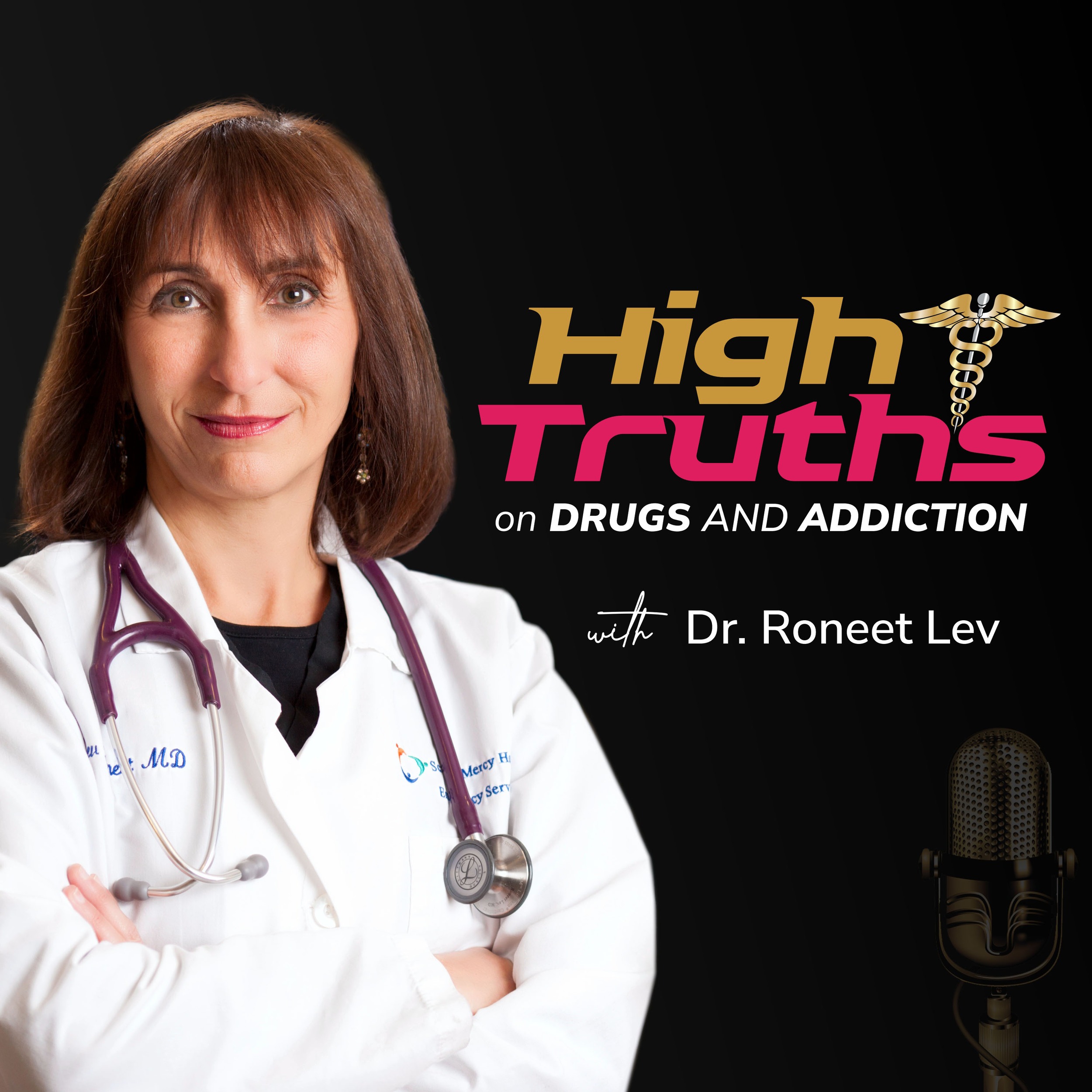Drug Trends are important for public health and public safety. As a physician if there is a new disease such as COVID or Monkeypox, I need to knew the signs, symptoms and treatment. Similarly if there are new drugs and poisoning I need to be able to make the diagnosis and apply appropriate treatment. That is why find it important to work with law enforcement and our medical examiner who are the first to identify drug trends. Dr. Eric wish tracks drug trends nationally.
Dr. Eric Wish received his Ph.D. in psychology from Washington University in St. Louis. He subsequently completed a NIDA post-doctoral fellowship in psychiatric epidemiology in the Department of Psychiatry at the Washington University School of Medicine. Between 1986 and 1990, Dr. Wish served as a Visiting Fellow at the National Institute of Justice in the Department of Justice, where he supervised the development and launching of the Drug Use Forecasting (DUF, later ADAM) program. In 2013, Dr. Wish developed the Community Drug Early Warning System (CDEWS), a new system for detecting emerging drugs by expanded testing of urine specimens obtained from criminal justice drug testing programs. In 2014, Dr. Wish received a 5 year award from NIH/NIDA to establish the Coordinating Center for the National Drug Early Warning System (NDEWS). As part of NDEWS, he oversaw the Drug Outbreak Testing Service (DOTS) pilot study, which collected and analyzed urine specimens from hospitals and treatment facilities. Also, from 2017-2020, he served as Co-PI of the MPowering the State Initiative’s Opioid Use Disorders Project. As part of the MPower project, Dr. Wish led development of the Emergency Department Drug Surveillance (EDDS) system to track drug toxicology trends using de-identified electronic health records (EHR) from 7 hospitals in Maryland. In 2021 he received funding from the Office of National Drug Control Policy (ONDCP) to expand the EDDS system to collect EHRs and urine specimens from five hospitals nationally to monitor urine drug trends and identify emerging drugs being used by drug overdose patients. EDDS is now being further expanded to include 20 additional hospitals across the United States. Dr. Wish has published numerous articles and spoken widely about such issues as synthetic cannabinoids and other new psychoactive substances, recent increases in heroin and fentanyl use, the identification of drug use in offenders, relapse to heroin use by Vietnam veterans, and the validity of self-reports of drug use. Since 1990, Dr. Wish has been Director of the Center for Substance Abuse Research (CESAR) at the University of Maryland, College Park.

Brooke Briggance comes from a multi-sector background in health, direct impact programming for children, youth and families, and non-profit work. She comes from lived...

We have standards unit amounts for tobacco and alcohol, what for THC and marijuana? Is it time. Dr. Tom Freeman is a Reader in...

Gerard Carroll, MD, is the Program Director for the EMS Fellowship at Cooper University Hospital. He is passionate about utilizing physician field response to...